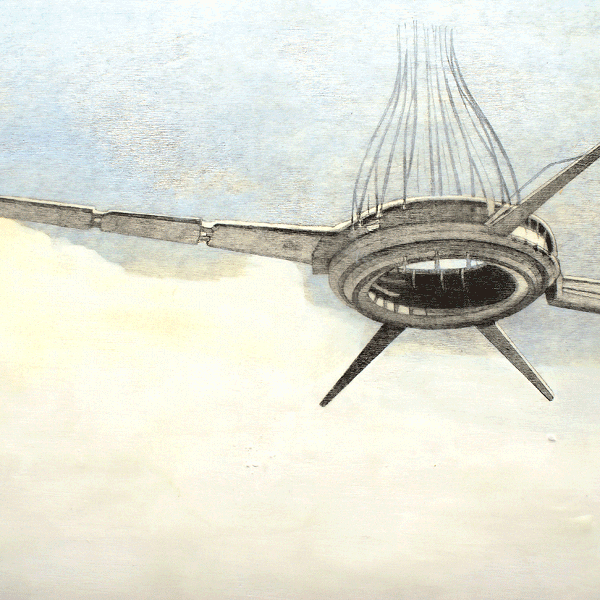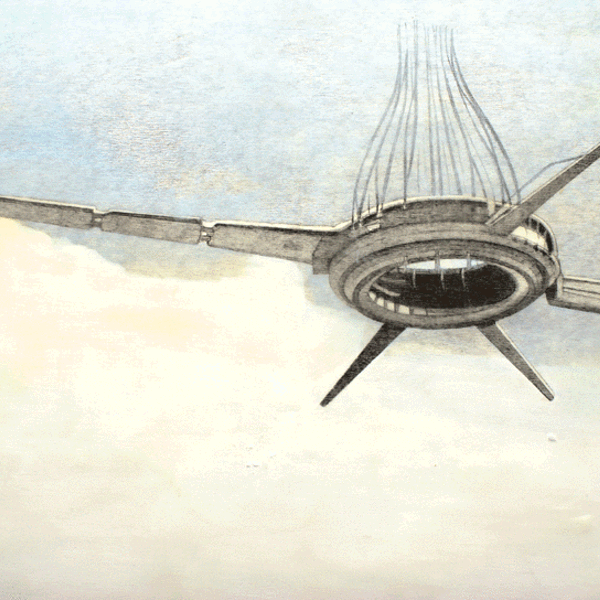To a great extent, they were successful. The public saw the traditionally anti-military PPP as tainted by the negotiations, and Sharif, who fell in Musharraf’s first coup, moved to take advantage of the disillusionment with Bhutto. Sharif’s party, the Pakistan Muslim League is a deeply conservative organization known for its championing of business interests and strong connections with Pakistan’s Islamist movement, which have their own ties to the military. Mansoor was no less kind to Pakistan’s Islamists, writing, “They believe in a in a ‘one man [no women need apply], one vote, one time’ concept of democracy—in which there’s an election but the winner becomes ruler for life.” As Prime Minister of Pakistan, Mansoor continued, Sharif proclaimed Sharia as the law of the land, reportedly met with Osama Bin Laden, took control of much of the country’s resources and industry, placed friends in places of power, and rewarded cronies to the detriment of Pakistan’s economy.
In late September, Sharif attempted to return to Pakistan, was arrested at Islamabad airport, and deported within 24 hours. However, the incident boosted his credentials as an opponent of the military and strengthened his hand when he finally was allowed to return a few weeks after the state of emergency was declared.
What makes the present situation different from Pakistani crises of the past is the addition of the civil-society movement as a third element in the equation, broadening the traditional military versus political parties tug-of-war. Yet for all the history of coups and military interference in civilian governments, this bipolar world has not been a totally hostile one. For all the military’s desire to retain essential power, there is room for cooperation if both the military and the political old timers feel that their interests are threatened by the intrusion of this newcomer, the civil-society movement.
“The sad thing about the current situation is none of the old players are talking about policies or how they will deal with the problems of Pakistan,” says Christina Lamb. “It’s all about power.” Junaid Ahmad, the president of the US-based National Muslim Law Students Association, says that desire can lead to flexibility. “We must remember that the relationship between the party politicians and the military is not always an antagonistic one, and can be a friendly, cooperative one, as the situation requires.”
Yet for all the dynamism shown by the civil-society movement, critics say it will likely be a long time before it can have a real impact on Pakistani society, given the overlapping, if unequal, monopolies on power enjoyed by the military and the established political parties.
“People are generally jaded with the major political parties, which many see as corrupt cults of personality,” said Amber Vora. “But given their stranglehold on the current political process, its difficult to envision how viable alternatives will evolve in the near future. However, some do have hope that those politicized during the last month will work in the years to come to effect change both within and outside the system.” Osama Siddique is one of the hopeful. “There is a lot of debate—as never seen before—about the role of the Pakistan military. People are craving leadership and there is room for new politics.”
The question is, however: Is there enough momentum to make true change?
A FAIR ELECTION?
In early December, Musharraf, under heavy American pressure, finally made good on his pledge to leave the military to rule as a civilian president. General Ashfaq Kayani, a former ISI chief, assumed the post of army chief of staff. As president, Musharraf lifted the state of emergency on December 15 and pledged to hold elections by January 8. But with the judiciary devastated by dismissals and arrests, the short campaign season, and the fact that polling officials would be Musharraf loyalists, large questions remained about the fairness of a vote held under such conditions. “And as long as the army remains as powerful as it [is], there will be no meaningful democracy,” said Junaid Ahmad.
Speaking before a US Congressional hearing on December 13, prominent Pakistani attorney and UN special envoy for human rights defenders, Hina Jilani reportedly said, “There is no point in monitoring the elections or watching the poll—the rigging has already happened.” According to Jilani, Musharraf had already destroyed institutions such as the press and judiciary, which oversees the elections. “Under these conditions, the election that is going to take place on January 8 has very little credibility.”















